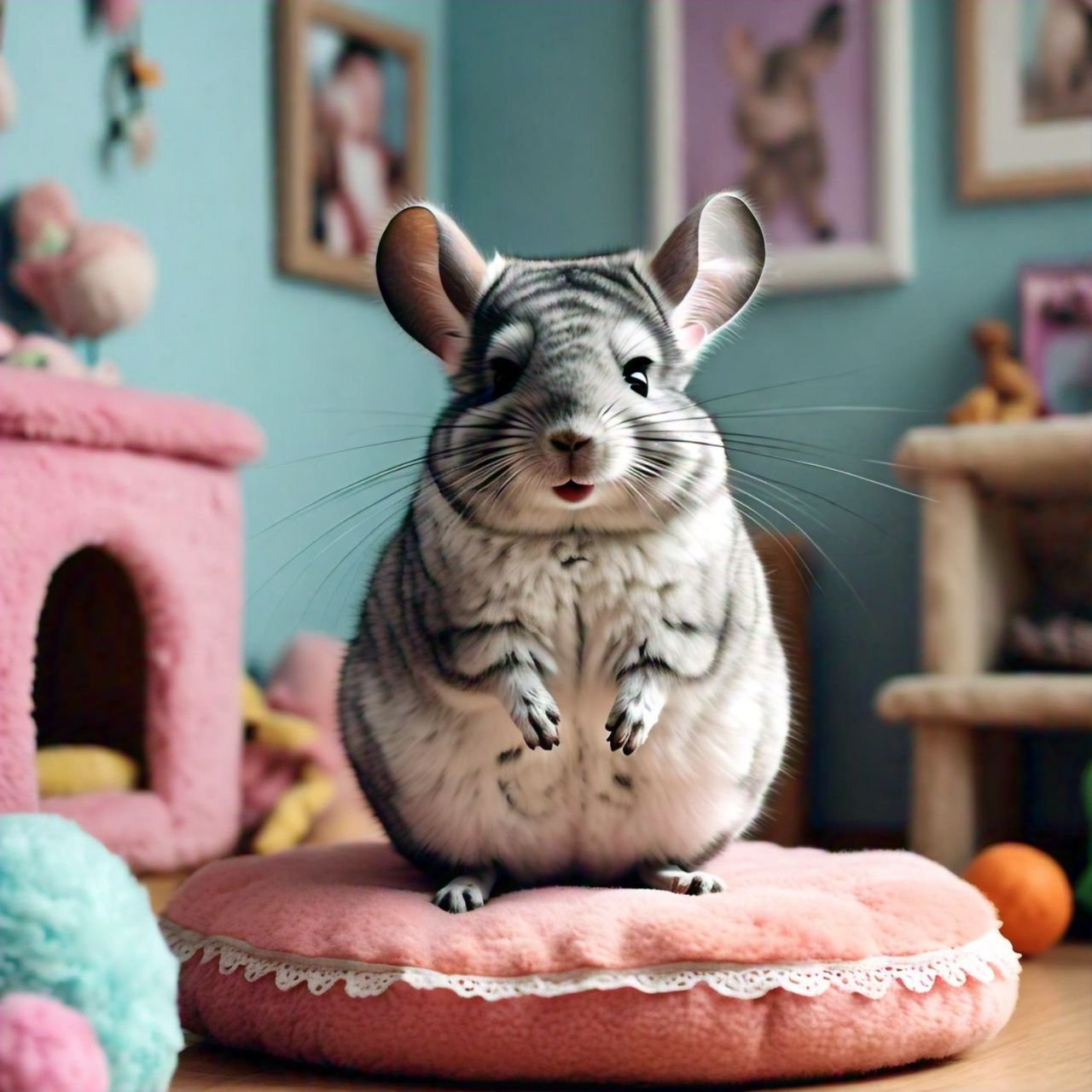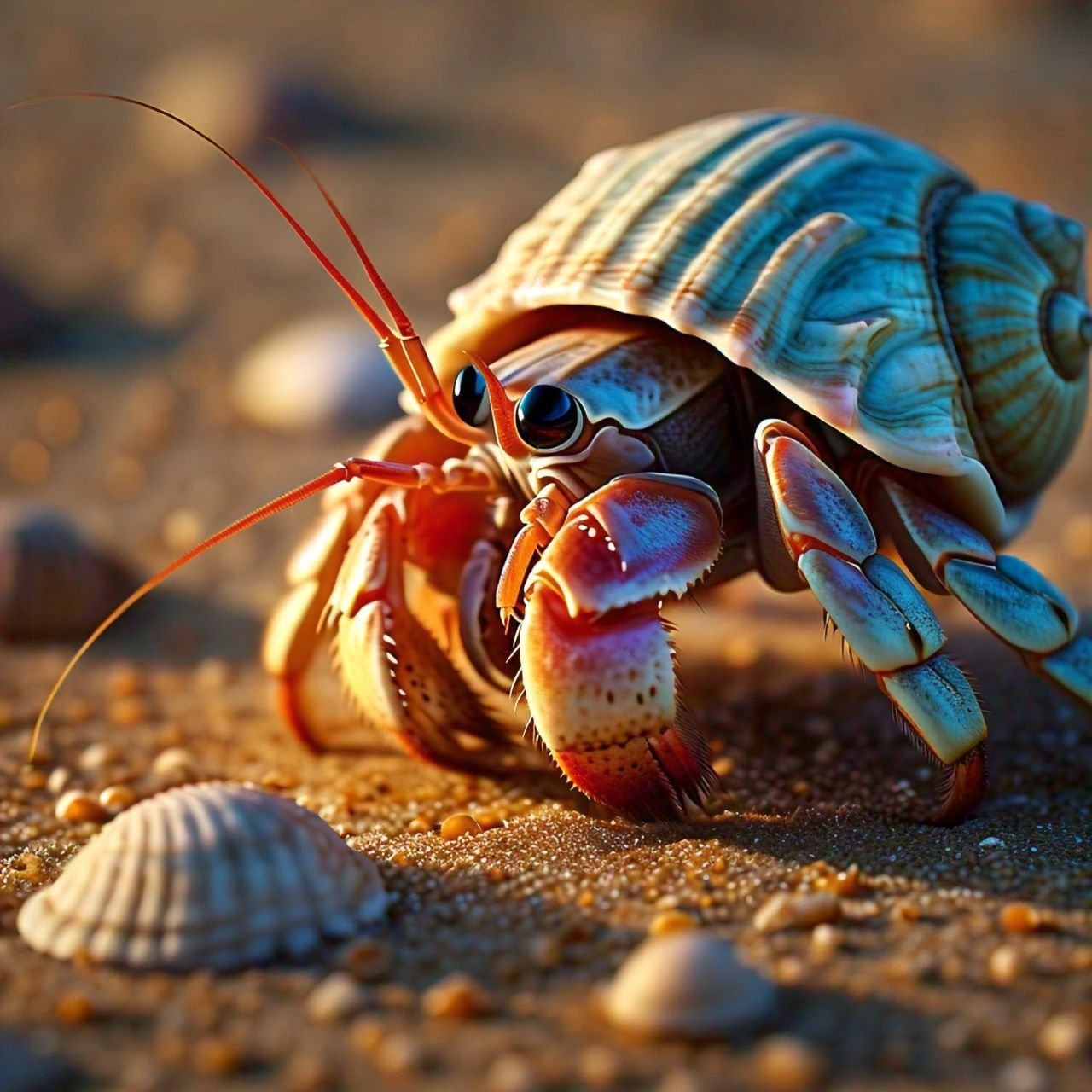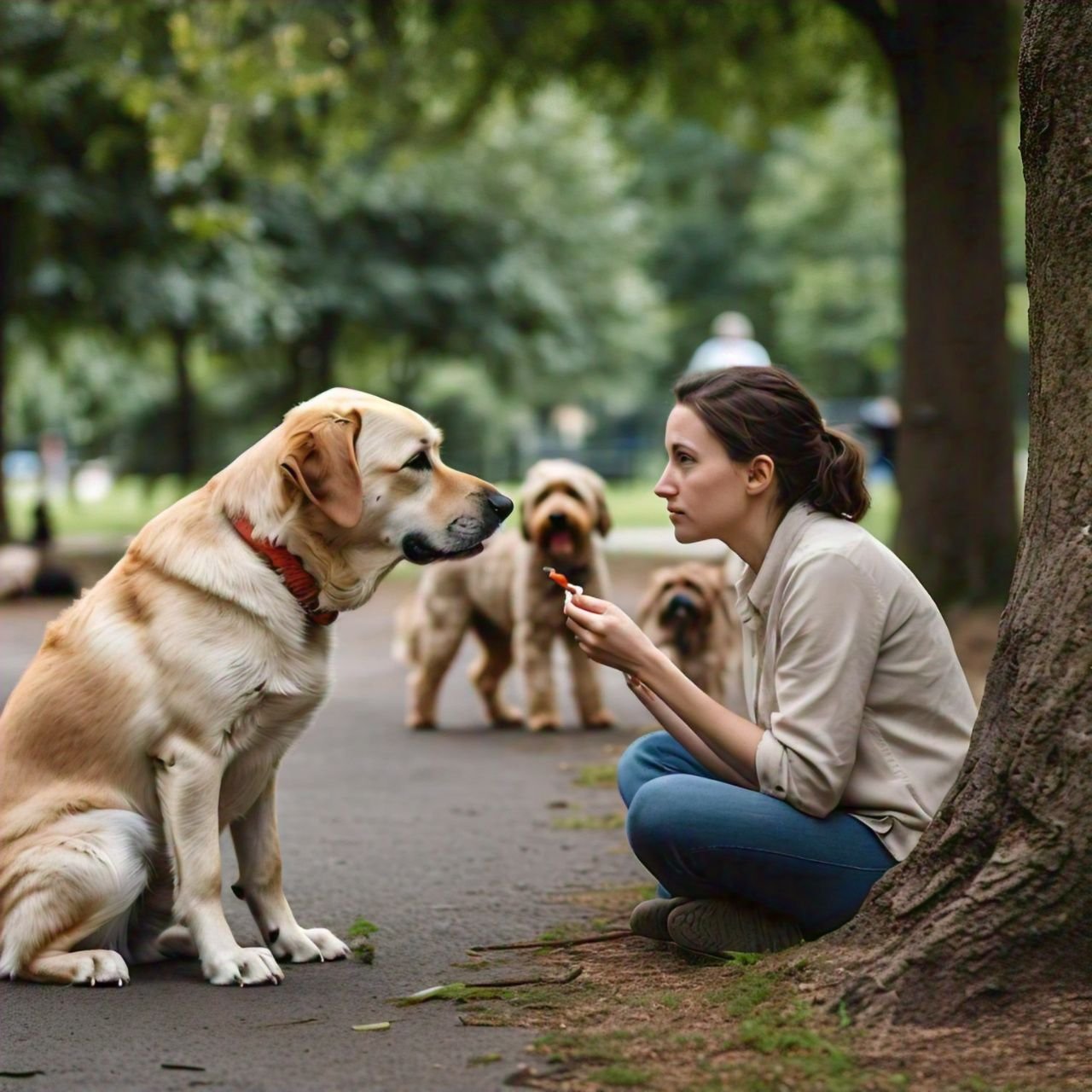Introduction
Lifespan of chinchillas. Chinchillas are cute and special pets that need extra care and attention. It’s important to understand their lifespan before bringing one into your home. Chinchillas can live up to 15-20 years with the right care and diet. However, factors like genetics, diet, exercise, and environment can affect how long they live. In this detailed guide, we will explore everything you need to know about chinchillas’ lifespan, including tips on how to keep your furry friend healthy and happy for as long as possible.
Understanding the lifespan of chinchillas
To fully understand how long chinchillas live, we need to look at what factors affect their lifespan. Genes are important in deciding a chinchilla’s lifespan, as some inherited conditions can affect their health and how long they live. It’s also important to give them a balanced diet with lots of fiber and nutrients, make sure they have a stimulating environment for exercise, and take them to the vet regularly. By focusing on these things and taking good care of them, you can help your chinchilla live longer and enjoy many years together.
Factors that affect a chinchilla's lifespan
It is important to understand the different factors that can impact how long a chinchilla lives in order to provide the best care possible. Genetics, diet, exercise, and veterinary care all play a big role in determining a chinchilla’s lifespan. Genetics can make chinchillas more likely to have certain health problems, so a good diet and regular exercise are important for keeping them healthy and living longer. Regular visits to the vet can also help catch any health issues early on, leading to better treatment and a happier life for your furry friend. By being proactive about these factors, you can help your chinchilla live a long, healthy, and happy life.
Proper care and maintenance to extend your chinchilla's lifespan
Taking good care of your chinchilla is important for making sure it lives a long and healthy life. Keeping its living area clean and safe, feeding it a balanced diet, giving it plenty of exercise, and taking it to the vet regularly are all important ways to help your pet live longer. Make sure to clean your chinchilla’s cage often, give it fresh water, and feed it a diet of good quality hay, pellets, and the occasional treat. Let your chinchilla play with toys and have time outside of its cage to stay active. And don’t forget to take it to the vet for check-ups every year and whenever it seems sick. By sticking to a routine of care and giving your chinchilla lots of love and attention, you can help it stay healthy and happy.
Signs of aging in chinchillas
As your chinchilla gets older, it’s important to watch out for signs of aging so you can take good care of them. Some common signs of aging in chinchillas include being less active, changes in their fur’s look or color, dental problems, losing weight, and changes in how much they eat. Pay attention to how they act and look, and talk to your vet if you see anything strange. Giving them the right food, making their home cozy, and giving them extra love and care can help them grow old comfortably. Keep an eye out for any age-related issues and take action to make sure your chinchilla stays healthy and happy as they get older.
Lifespan-Boosting Tips
Make sure your pet gets a well-rounded diet full of fiber and essential nutrients.
Create an engaging environment for them to stay active.
Schedule regular check-ups with the vet to keep them healthy.
Keep their living area tidy and secure.
Offer high-quality hay, pellets, and occasional treats.
Always provide fresh water for them.
Allow them to play with toys and have time outside of their cage.
Take them to the vet for annual check-ups and whenever they show signs of illness.
Keep an eye out for any signs of aging and address them promptly.
As they grow older, make sure they have a cozy and comfortable living space.
Offer softer foods and fresh water as they age.
Spend quality time with them, handle them gently, and monitor their health.
Show them lots of love and attention to ensure they are happy and healthy.
By following these tips, you can help your chinchilla live a long, happy, and healthy life.
Conclusion and final thoughts
It is important to understand how long chinchillas live so that you can take good care of them as they get older. By making small changes to where they live and meeting their needs as they change, you can make sure your furry friend stays happy and comfortable in their old age. Remember, taking your chinchilla to the vet regularly, feeding them a balanced diet, and giving them lots of love and attention are all important for helping them live longer. By being proactive and paying attention to what they need, you can create a loving environment that helps your chinchilla stay healthy and happy for a long time. We appreciate you reading our guide on chinchilla lifespan.
FAQ
How long do chinchillas live when they are kept as pets?
Chinchillas can live for 15 to 20 years as pets if they receive proper care and live in a healthy environment.
Are chinchillas friendly animals?
Yes, chinchillas can be friendly creatures. They are social animals that can form strong bonds with their owners. However, they may be shy and require some time to get used to being handled.
Do chinchillas require a lot of maintenance?
Chinchillas need a moderate level of maintenance. They need a spacious cage, a specific diet, regular dust baths to keep their fur clean, and a stable, cool environment to stay healthy.
Why should chinchillas not get wet?
Chinchillas should avoid getting wet because their thick fur can trap moisture, leading to fungal infections and skin issues. Instead of water baths, they clean themselves with dust baths to remove oils and dirt from their fur.


